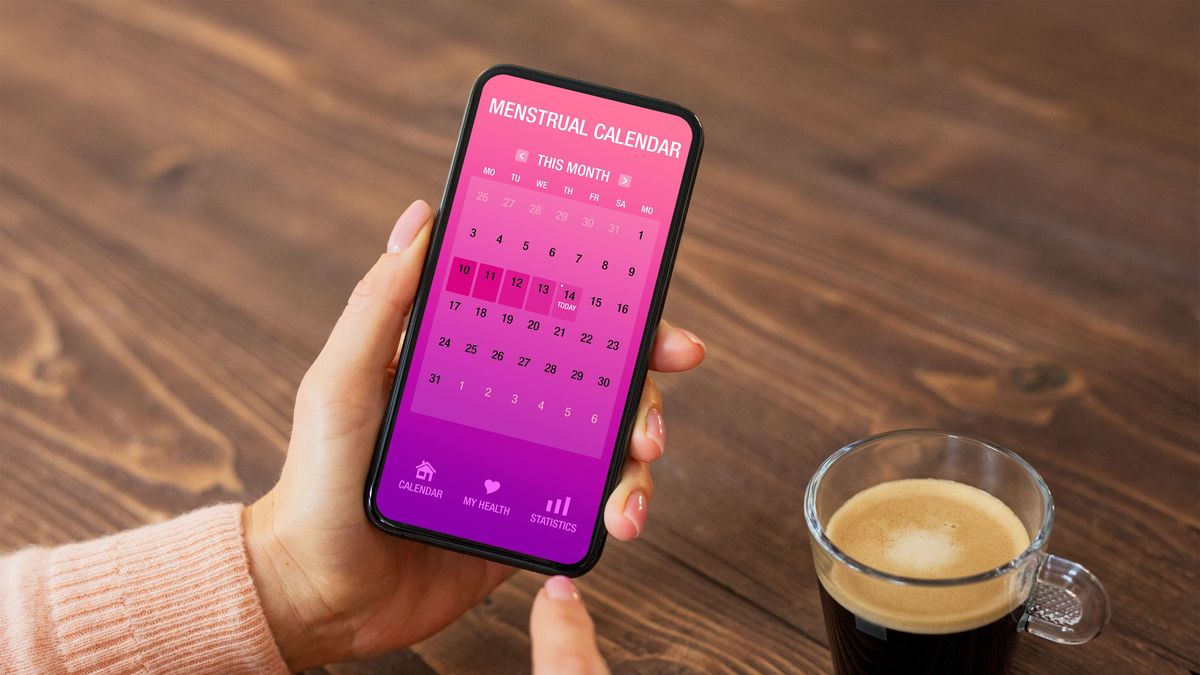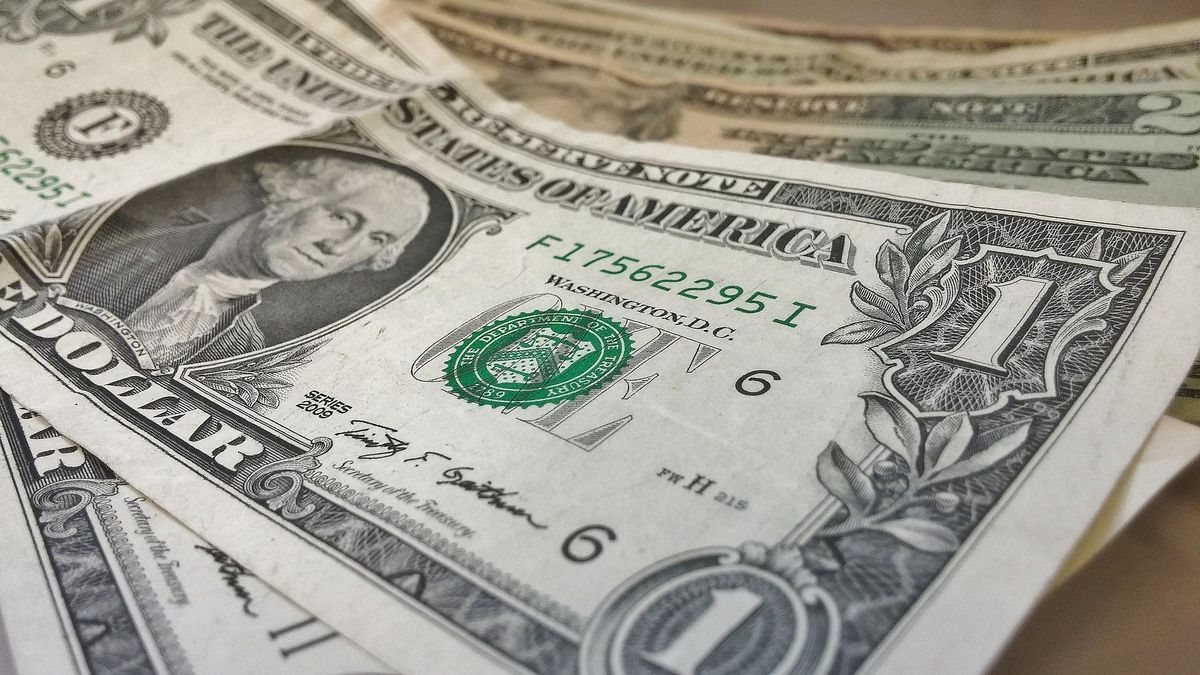Fearing that these fingerprints will be used against women who abort and their potential “accomplices”, Democratic representatives and organizations in defense of human rights They ask the technological platforms to guarantee the defense of personal data.
“The difference between yesterday and the last time abortion was illegal in the United States is that we live in an era of unprecedented online surveillance,” Eva Galperin, director of cybersecurity for the NGO Electronic Frontier Foundation (FFF), wrote on Twitter. .
“If tech companies don’t want data to become mousetraps, they should stop collecting that data now. They should not sell them or have them when the judicial requirements arrive.”
Google and Meta (Facebook, Instagram, Messenger) track users to sell ultra-personalized ad space to advertisers. Although that information is “anonymised”, it is still accessible to authorities with a court order.
The US Supreme Court ruling leaves all 50 states free to ban abortion, and at least eight have already done so.
Some laws adopted even before the Supreme Court decision, such as the Texas in September, they encouraged citizens to sue women suspected of having an abortion or people who helped them. Even the driver Uber that has taken them to the clinic, for example.
So that Google could become a “tool for right-wing extremists who want to crack down on people seeking reproductive health care”42 House Democrats said in an open letter to Google boss Sundar Pichai in late May.
Because “Google collects and retains extensive records of location data from hundreds of millions of cell phones,” they added.
Google, Meta and Apple did not respond to inquiries from AFP.
“They remain discreet” until now, notes Corynne McSherry, legal director of the NGO EFF. “They can and should do much more to protect the privacy of all users’ data,” she stressed. “And yes that affects its economic model, it is time to change the model“.
The association published a list of recommendations for the platforms, including less data collection, encryption, not sharing with dubious actors and not forcing users to identify themselves, among other things.
It also asks them not to give in to possible legal requirements that demand information about all the smartphones near a family planning point in the United States.
Users are advised to use less data-demanding search engines like DuckDuckGo, encrypted messengers like Signal or ProtonMail, and even virtual private networks (VPNs) used by activists and journalists in authoritarian countries.
In the case of TikTok and Instagram, they also ask to suppress mobile applications for fertility or contraception.
But beyond companies and citizens, the responsibility to protect personal data lies with the authoritiespoliticians recall.
“It’s not up to individuals to find out how to suppress their tracks, and which applications are safe or not. It’s up to us, the government, to do our job,” said Sara Jacobs, a Democratic representative interviewed by AFP, on Friday. At the beginning of June, he presented a bill (“My Body My Data Act”) to force companies to collect only the health information necessary to carry out their activity.
California US and other US states have in recent years adopted laws to better regulate the privacy of personal information online, but the US Congress has been unable to agree on a federal law.
Source: Ambito
David William is a talented author who has made a name for himself in the world of writing. He is a professional author who writes on a wide range of topics, from general interest to opinion news. David is currently working as a writer at 24 hours worlds where he brings his unique perspective and in-depth research to his articles, making them both informative and engaging.




